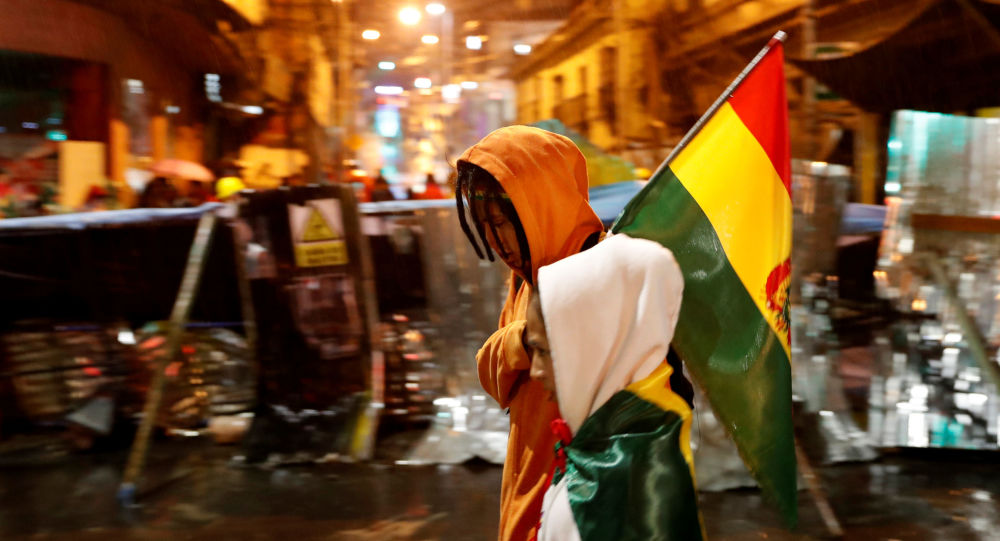RIO DE JANEIRO, BRAZIL – The upheaval in Bolivia did not lessen with the resignation of Evo Morales and the inauguration of an interim government.
The protests generated by the change in the country’s political balances have left at least seven demonstrators dead on Friday (there were five initially, but two more deaths have been confirmed), more than 20 injured in a town near the city of Cochabamba, according to the Public Defender’s Office.

The clashes with the security forces and the military occurred during a large demonstration by coca growers loyal to the former president. There were also riots in La Paz.
The clashes broke out near a bridge in the municipality of Sacaba, where the demonstrators gathered with the intention of leaving for the city of Cochabamba. This area of the Chapare province, the hub of coca leaf production, has in recent weeks become the main stronghold of resistance of Morales’ followers.
With Friday’s victims, the total number of deaths in the protests that began after the October 20th elections rose to 18. The wounded total almost 550 and 44 prisoners.
The violence continues
In La Paz, thousands of people, mainly indigenous representatives of the municipality of El Alto and members of the Red Ponchos militia, headed for the San Francisco square, in the city center, where they clashed with the security forces.
The interim president of Bolivia, Jeanine Áñez, claims since she took office on Tuesday that her mission is to “pacify” the country and call for elections as soon as possible. So far, she has not achieved any of these goals. The government blames this on the actions of violent groups and vandals. But the reality is that tension has not been contained.
From his asylum in Mexico, Morales criticized the actions of the security forces. “The coup regime that seized power in my beloved Bolivia is repressing the people who are asking for peace with bullets from the Armed Forces and the police,” he said on social media.
Hours earlier, Áñez had warned Morales that he has unfinished matters with the courts and that, if he returns to the country, he will have to answer for them.
In statements to the international press, the former senator, who assumed the presidency without the majority support of Congress, reiterated that the goal of her provisional government is to call “fair and transparent” elections, but did not say when these will be held. She has not even set a target date for this, although the Constitution gives her three months to set a date.
The interim president said that during this transition there will be no persecution of political opponents. However, she made it clear that the ex-president will have to shoulder his responsibilities if he decides to return to the country.
“Now they are asking him to come when no one has expelled him from the country. He left on his own, […] he knows he still has unfinished matters with the Bolivian courts,” she said.

“If President Morales comes back, let him come back, but he knows he also has to answer to justice. We are going to demand that the Bolivian Justice does its job, not political persecution, which is what we have suffered for 14 years, judicialization of politics and politicization of justice,” she added.
The ex-president had declared in an interview with EL PAÍS in Mexico to be willing to come back and withdraw from being a candidate to pacify Bolivia.
Source: El Pais

